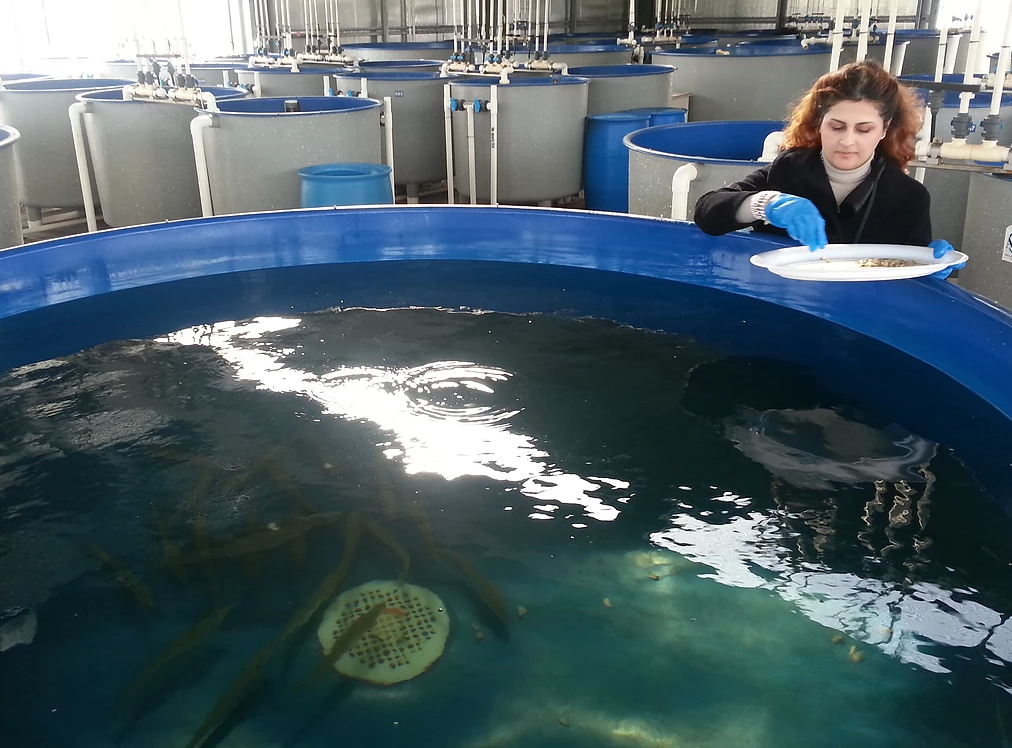A new study published in The Journal of Fish Ecology was lead by PhD candidate Nastaran Mazloum. The work featured contributions by Dr Zoe Doubleday and Professor Bronwyn Gillanders from the Southern Seas Ecology Laboratory within the Environment Institute, in collaboration with the University of Texas.
The work investigated whether the swimming speeds of a fish are effected by the ocean temperature, and whether the fish will be able to react to rising sea temperatures.
Bronwyn Gillanders provided us with a summary of the study:
A fish’s activities are dependent on their metabolic performance and ability to move, which are influenced by temperature.
Rising ocean temperature may impact thermally sensitive species.
Thermally driven changes in swimming performance and aerobic metabolism (Q10 and aerobic scope of activity, ASc) of adult King George whiting Sillaginodes punctatus were investigated at two temperatures representing extremes encountered by this temperate species.
Fish were initially swum in a swim chamber as water velocity was increased and their critical swimming speed (Ucrit) was calculated.
Fish were transferred into a resting chamber and the maximum metabolic rate (MMR) was calculated.
Thereafter, they were allowed to recover in the chamber overnight and their standard metabolic rate (SMR) was measured.
At higher temperatures, fish consumed more oxygen, recovered quicker, and had a higher aerobic scope of activity compared to fish at the lower temperature.
Increased swimming speed and improved metabolic performance of fish at the higher temperature may mean that under increasing temperatures due to climate change, fish can adapt and survive.
Read the full study in The Journal of Fish Ecology.




